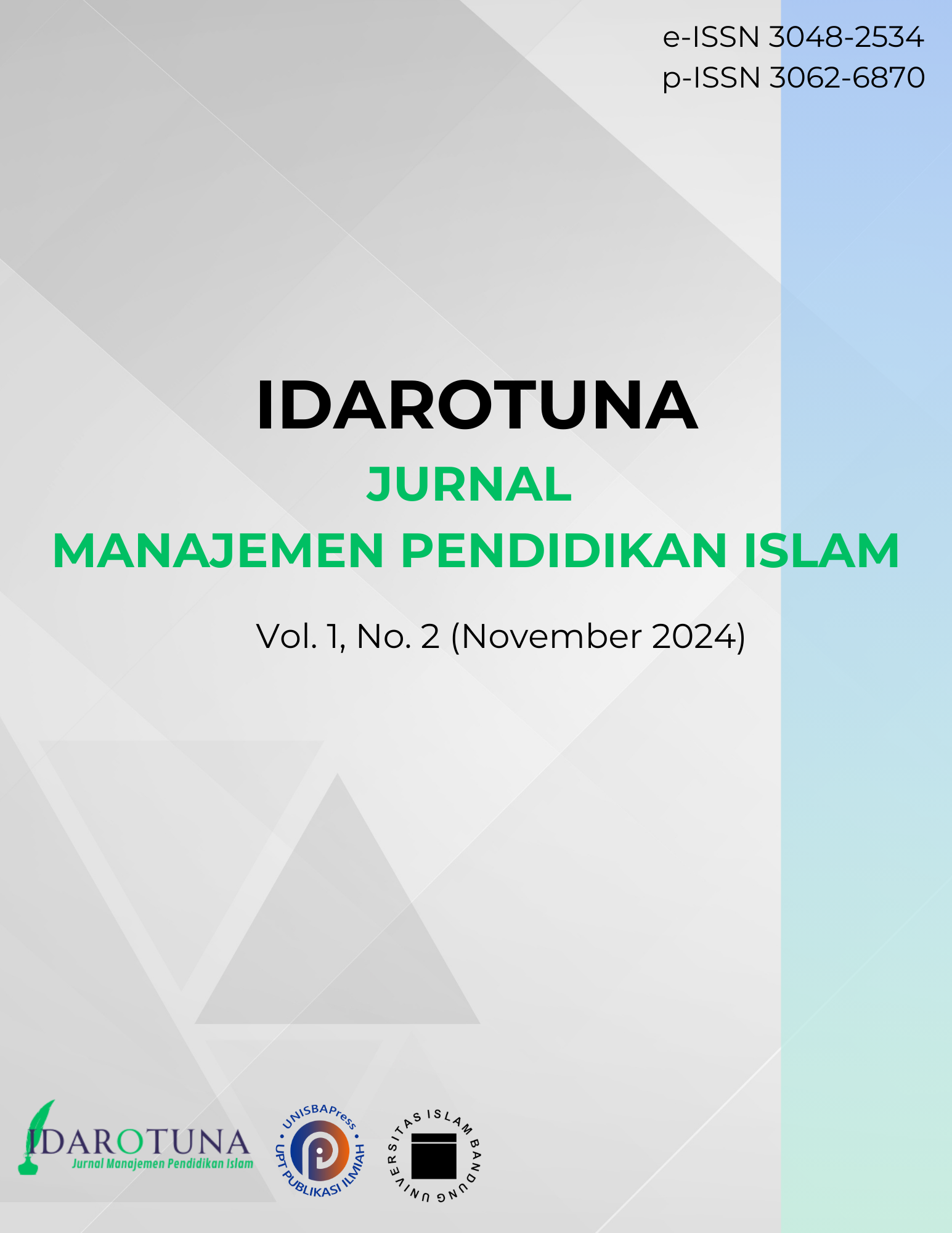Epistemologi Filsafat : Cara Memperoleh Pengetahuan
DOI:
https://doi.org/10.29313/idarotuna.v1i2.5696Keywords:
Meaning, Metaphysics, FoundationAbstract
Epistemology as a branch of philosophy that studies the nature, sources, and limits of knowledge, plays a central role in human life, especially in understanding reality, solving problems, and advancing scientific knowledge. This study aims to explore various concepts of epistemology using a qualitative descriptive approach through a literature review. The focus of this study includes two main approaches: rationalism, which emphasizes reason as the source of knowledge, and empiricism, which bases knowledge on sensory experience. Additionally, this research discusses branches of epistemology such as skepticism, pragmatism, and constructivism, which offer different perspectives on how knowledge is constructed and validated. The findings suggest that epistemology is not only significant in philosophy but also in education, science, and everyday life, particularly in the digital age filled with information. Understanding epistemology enables individuals to critically and wisely evaluate knowledge, distinguishing between facts and opinions. This understanding also supports the development of more effective teaching strategies in the modern educational context.
Downloads
Published
How to Cite
Issue
Section
License
Copyright (c) 2024 Basuki, Adang Hambali

This work is licensed under a Creative Commons Attribution-NonCommercial-ShareAlike 4.0 International License.









